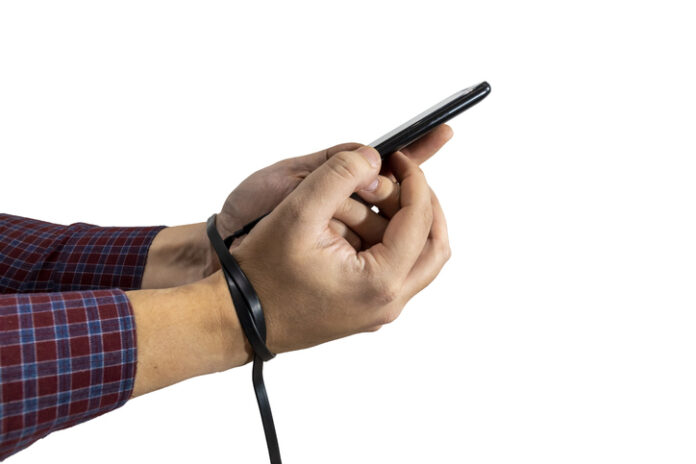With statistics showing more than half the global population spends more than 2.5 hours daily on social media, University of Canterbury research is looking at the psychological drivers and concerns behind excessive social media use.
UC lecturer Dr Kseniia Zahrai is the winner of the Early Career Researcher category in the Aotearoa Business and Economics Research Translation Competition for her research, Either You Control Social Media or Social Media Controls You.
“It’s not just in how much time we spend online, but in how social media exploits unconscious psychological triggers that fuel impulsive behaviour,” Dr Zahrai says.
Dr Zahrai and her research team recruited 389 social media users aged 18-44 for their study.
“We found that users’ implicit attitudes, leading to fast, automatic reactions, are primarily responsible for their impulsive engagement with social media. Unlike explicit, deliberate thoughts, these unconscious attitudes often bypass conscious reasoning, leading to mindless scrolling and affecting user wellbeing.”

Dr Zahrai cited a participant’s statement: ‘It is something I do unconsciously, and I don’t think how it takes me away from the rest of my life’ as an example and says that “even high self-control isn’t always enough to resist, especially for users with positive implicit attitudes toward social media.”
Former president of Facebook, Sean Parker, famously warned that ‘social media exploits human vulnerabilities.’
“Our research adds to this concern by examining how deeply embedded, non-conscious attitudes drive excessive social media use – more so than most conscious efforts to control our habits,” she says.
“While time spent on social media is important, the way people are using it is also critical. Users can benefit from the use of social media by applying mindfulness techniques, reducing potential harm to wellbeing.”
Dr Zahrai offers some practical advice for how to affect this change.
“By shifting the focus to mindful, intentional engagement through minimising triggers, curating feeds with meaningful content, and setting intention-based goals, users can begin to rewire their unconscious behaviours.”
She says artificial intelligence (AI) can also help users understand and change their behaviours.
“With advanced analytics, AI can identify usage patterns and trigger points that users may not consciously recognise. AI-powered systems can also provide personalised self-control strategies, tailored to each user’s behavioural profile.”
The study’s findings emphasise the need for deeper digital literacy and awareness of how platforms can exploit user behaviour, she says.
“Policymakers must ensure transparency in social media algorithms and protect vulnerable users, especially children and adolescents, from potential harm.”



